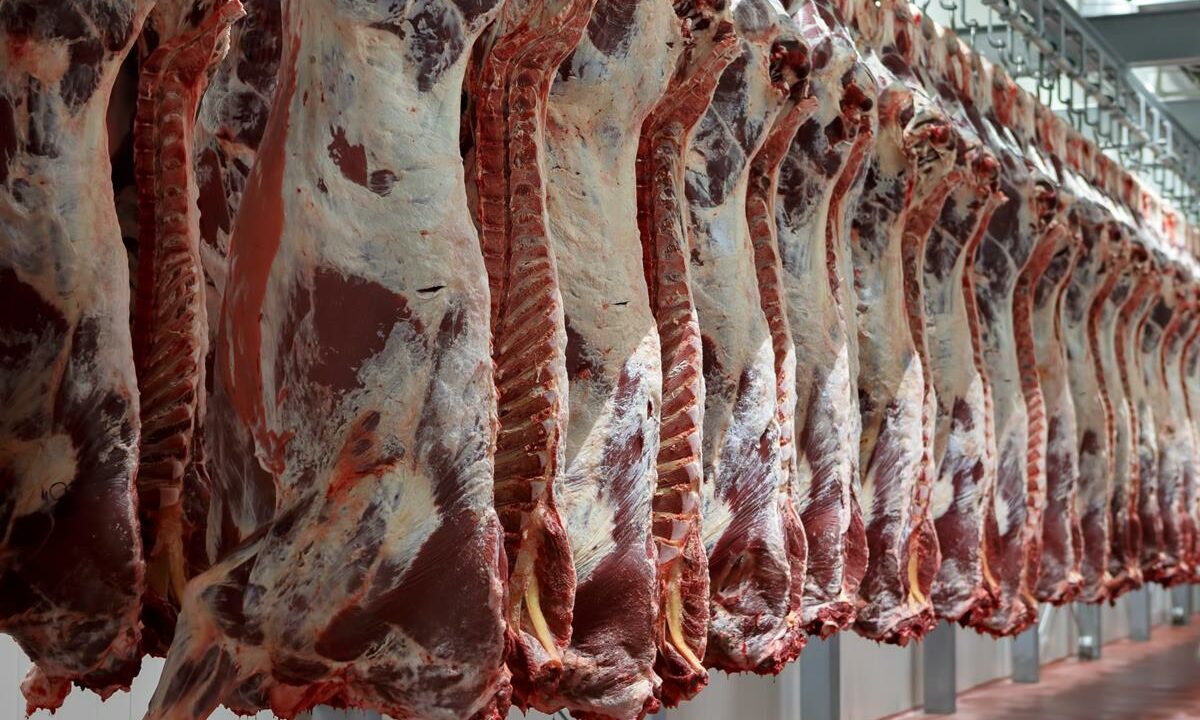Protests at cattle processing facilities and businesses “will do nothing to resolve the challenges of the marketplace,” according to Meat Industry Ireland (MII).
Cormac Healy, the senior director of MII, said that processors were “fully cognisant of the frustration of beef producers”, and argued that the weak beef and cattle prices at the moment were down to “extremely challenging market conditions and ongoing uncertainty generated by Brexit”.
“Processors and exporters are reporting extremely poor sales demand in export markets in the UK and across continental Europe. There appears to be strong beef supply in the EU market overall,” according to Healy.
At home, our finished cattle throughput is up almost 5%, or 45,000 head, year-to-date, and remains strong with a weekly average throughput of 35,000 head over recent weeks. Average carcass weights are also up by approximately 2% over the last month, reflecting better finishing conditions.
Healy was speaking following a number of protests at meat plants around the country, carried out by the Beef Plan Movement.
The affected factories are: Kepak Kilbeggan; Kepak Athleague; Liffey Meats Ballinasloe; ABP Bandon; Dawn Meats Ballyhaunis; and Dawn Meats Rathdowney.
The protests are planned to continue later in the week, the aim of which is to highlight the importance of suckler and beef farmers to the wider economy, according to the movement.
The Beef Plan Movement is also calling on suckler and beef farmers not to: go to the local co-ops; sell cattle in local marts; go to a factory with cattle; or shop in local towns.
Protests which disrupt normal business operations and the orderly processing of cattle will do nothing to resolve the challenges in the marketplace.
In a statement, Cormac Healy went on to say: “On the demand side, manufacturing beef is facing a very weak market, with significant stocks in the system, and the steak market has failed to ignite this summer. This has not been helped by increased imports coming into the EU.”
He also highlighted data that shows that beef demand in the UK has been weaker this year up to June, compared with the first six months of last year.
Healy concluded his statement by reiterating the Brexit factor.
On the one hand, Brexit is impacting on current demand through reduced consumer sentiment and spending, particularly in the UK.
“On the other hand, as Irish processors and exporters seek to establish some forward sales plans with customers, this is being frustrated by the uncertainty attached to the prospect of a no-deal Brexit outcome, resulting in an unwillingness by customers to commit,” he argued.
